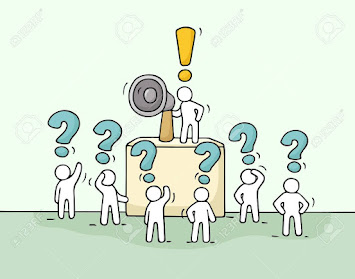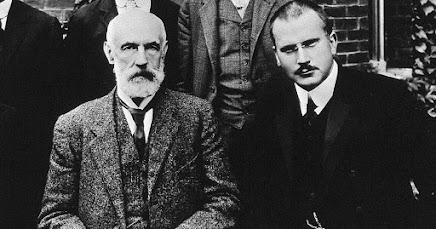Blog #5 : Revised RQs & Current Works Cited
Revised Research Questions:
How does the phenomenon of déjà vu and the continual experience of déjà vu relate to the unconscious mind? Does déjà vu negatively affect humans with certain neurological and psychological disorders, and could that experience of déjà vu be a warning sign? Does our memory of dreams play a role in déjà vu?
Works Cited
Brown A. S. A Review of the Déjà Vu Experience. Psychological bulletin. 2003;129(3):394-413. doi:10.1037/0033-2909.129.3.394
Brown, A. S. (2004). The Déjà Vu Experience. New York, NY: Psychology Press.
Gerrans P. Pathologies of hyperfamiliarity in dreams, delusions and déjà vu. Frontiers in psychology. 2014;5:97-97. doi:10.3389/fpsyg.2014.00097
Hardison, Karen. Anxiety Linked to Continual Experiences of Déjà Vu. 20 Apr. 2015, www.digitaljournal.com/science/d-j-vu-recurring-time-loop-caused-by-man-s-anxiety/article/431215.
Ratliff, Evan. “Déjà Vu, Again and Again.” The New York Times, The New York Times, 2 July 2006, www.nytimes.com/2006/07/02/magazine/02dejavu.html.
Soleil, V. (2013, December 26). Freud, Déjà vu and DREAMS: Games of the subconscious mind. Retrieved February 19, 2021, from https://www.learning-mind.com/deja-vu-the-games-of-subconscious-mind/
Wells et al.: Persistent psychogenic déjà vu: a case report. Journal of Medical Case Reports 2014 8:414.


Comments
Post a Comment